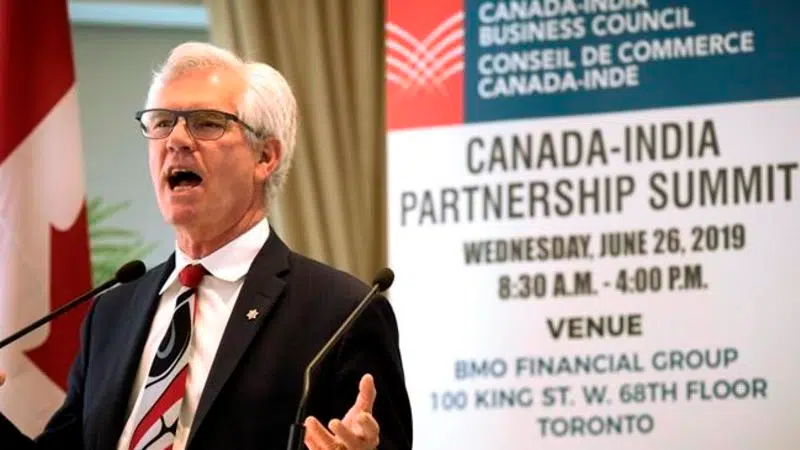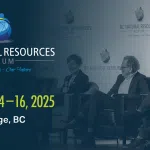
Trudeau seeks support from allies at G20 amid China-Canada tensions
OSAKA, Japan — Prime Minister Justin Trudeau has arrived in Osaka, Japan for the G20 leaders’ summit, where he will look to raise the issue of two Canadians held in China at “every opportunity.”
Trudeau has no meeting with Chinese President Xi Jinping at the summit to do this but U.S. President Donald Trump committed to raising the issue during his own meeting with the prime minister in the Oval Office last Thursday.
Trudeau will also lean on like-minded allies that have already spoken out about the detentions, including France, the U.K., Germany and Spain.
On Friday, Trudeau will meet with European partners to discuss a range of issues such as climate change, though the diplomatic issue with China is expected to be raised.

